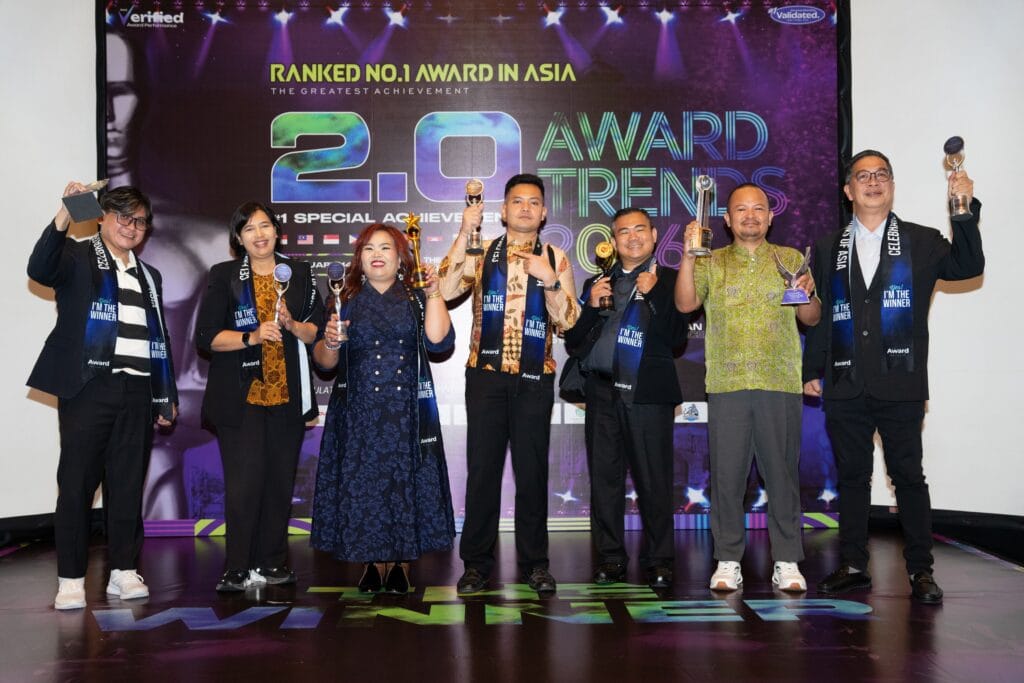For Megan Rathmell, the thought of bombing her job interview felt inevitable. Nerves, paired with what she perceived as a lack of preparation, made the 20-year-old Virginia native certain she’d lost her chance at landing a paralegal position earlier this year. Much to her surprise, she not only secured the job but also learned a crucial lesson about what truly matters in interviews.
“My boss told me that what made me stand out was my communication skills and my ability to maintain eye contact,” Rathmell recalls. “He said it’s something he rarely sees from candidates in my age group, which was shocking to me.”
Her experience is far from unique, according to hiring managers who express concerns about how some Gen Z applicants are navigating interviews. There’s a growing sense among recruiters that many recent college graduates are ill-prepared or present themselves unprofessionally during this crucial stage of the job process. From bringing parents to in-person interviews to dressing inappropriately and even refusing to turn on their cameras in virtual meetings, these behaviors can significantly hinder a candidate’s chances.
“There have always been bad interviewees, but the problem seems to be more prevalent today,” notes Dr. Nathan Mondragon, chief innovation officer at HireVue, a hiring platform. Mondragon attributes part of the issue to the digital age, which has limited young people’s exposure to in-person interactions, leaving them uncomfortable in high-pressure, face-to-face situations. The pandemic, with its virtual communications, only exacerbated this challenge.
Beyond the influence of technology, there’s also the matter of parental involvement. While some parents may be overbearing in their children’s careers, others fail to equip them with the tools needed to enter the professional world independently. And for young job seekers, no amount of overconfidence can replace the essential skills of preparation and professionalism.
The Importance of Preparation and Self-Presentation
Stacie Haller, chief career advisor at ResumeBuilder, stresses that simply “winging” a job interview is rarely a good idea. As with any task, thorough preparation is key to success. She emphasizes that a polished resume is the first step toward securing an interview. With recruiters spending an average of six seconds on each resume, it’s critical for job seekers to make an immediate impact. A clear, concise, and well-structured resume, tailored to the position, will grab attention and set candidates apart.
Beyond resume-building, knowing where to seek advice is equally important. While parents or older relatives may have good intentions, their experiences often stem from a vastly different job market. The workforce has evolved, and advice from peers in the industry or even career centers can offer more relevant insights. But candidates should be discerning. Many career center staff at universities may not have hands-on experience in recruitment, so it’s worth checking their credentials before relying solely on their guidance.
In-Depth Research: A Game-Changer for Interviews
Research is another critical area where candidates can either shine or stumble. Many applicants make the mistake of asking basic questions during interviews, questions that could have been answered with a quick look at the company’s website. Dr. Nicolas Roulin, a professor of industrial/organizational psychology, advises candidates to thoroughly study the company and its industry. This shows not only preparedness but also genuine interest in the role.
Beyond researching the company, candidates should also look into their interviewers, if possible. Building rapport by showing familiarity with the interviewers’ backgrounds—whether they attended the same school or have shared professional interests—can help forge a personal connection that leaves a lasting impression.
Strategic Storytelling: How to Demonstrate Your Fit
Once in the interview, candidates need to show how they meet the job’s specific requirements. Writing down success stories using the STAR technique (Situation, Task, Action, Result) is a proven method. These stories demonstrate a candidate’s ability to overcome challenges and succeed in real-life situations, making it easier for interviewers to envision the candidate thriving in the role.
It’s not just answers that matter, though. A candidate’s questions can be equally telling. Inquiring about the company’s culture, expectations, and growth opportunities reflects genuine interest and engagement.
Mastering the Interview Process and Next Steps
Presentation during the interview is crucial. Business casual is typically the safest option, regardless of the company’s everyday dress code. Overdressing or underdressing can send the wrong message, so it’s important to strike a balance. And while bringing notes is helpful, bringing a parent is not. Employers need to know that the candidate can handle the responsibilities of the job independently.
For virtual interviews, ensuring a distraction-free environment and keeping the camera on throughout the conversation is essential. Turning off the camera may signal discomfort with interpersonal interactions—a trait that could disqualify candidates from positions requiring strong communication skills.
Finally, follow-up is key. Candidates should send a thank you email within 24 hours of the interview, expressing gratitude for the opportunity while subtly reminding the employer of their qualifications. If an offer comes, prompt communication is critical, regardless of whether the candidate is interested. Being respectful and professional at every stage of the process ensures that no bridges are burned.









